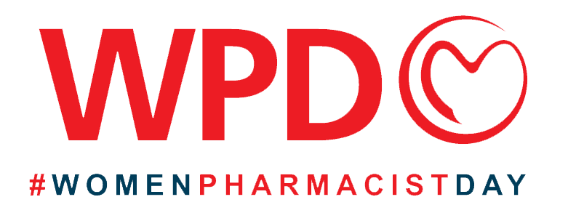
The official advocacy organization for pharmacist women in the United States
Pharmacist Moms Group™

45,000+ Members

Over 6 Million posts, comments and reactions in 2020

60,000+ Followers on social media platforms
The Largest Community of Women Pharmacists in the US

Founded in 2017, Pharmacists Moms Group was created to provide women pharmacists the opportunity to network, collaborate and offer genuine feedback in a closed-door, trusted setting. The organization has quickly grown to over 45,000 members and 60,000 followers on our social media platforms.

While we may not be able to control what happens to us, we can ALWAYS control how we respond. Working on self-awareness and self-improvement will certainly create positive habits to help you when you are stuck.

Read on to learn more about Jennifer’s path to pharmacy ownership, and to learn how COVID-19 and the Oregon wildfires have impacted her business.

Miss America 2020, Camille Schrier, has been a proud, self-described “science nerd” for as long as she can remember. We caught up with Camille to get a student’s perspective on the future of the profession.

Cynthia Ryan, PharmD, BCPS, discusses practical, evidence-based strategies for pharmacists to identify, prevent, and manage dermatologic toxicities associated with cancer therapies, emphasizing interdisciplinary collaboration, patient education, and proactive supportive care to improve adherence and outcomes.

Aficamten, a cardiac myosin inhibitor, gains FDA approval, offering hope for improved cardiovascular health in patients with obstructive hypertrophic cardiomyopathy.

Implementation of a guidance document for periprocedural antibiotic prophylaxis resulted in improved appropriateness of antibiotic dose, selection, and duration for interventional radiology procedures.

New data reveals that combining pertuzumab with trastuzumab significantly improves survival rates in HER2+ breast cancer patients, reducing death risk by 17%.

Advocacy fosters professional development, creates better working conditions, and enhances patient care.

The new guidelines urge health care professionals to offer local anesthetics and other medications for intrauterine device (IUD) insertions and other gynecologic procedures.






.png)



